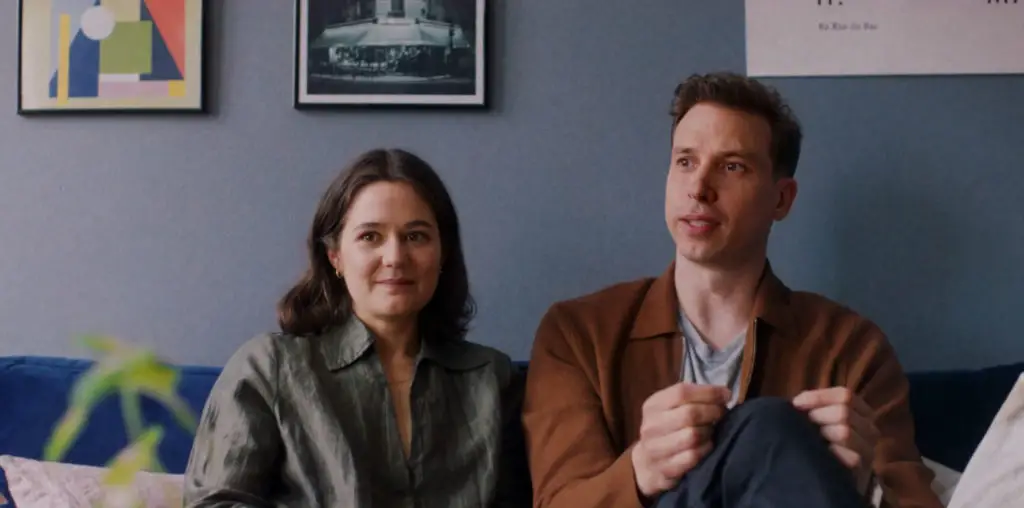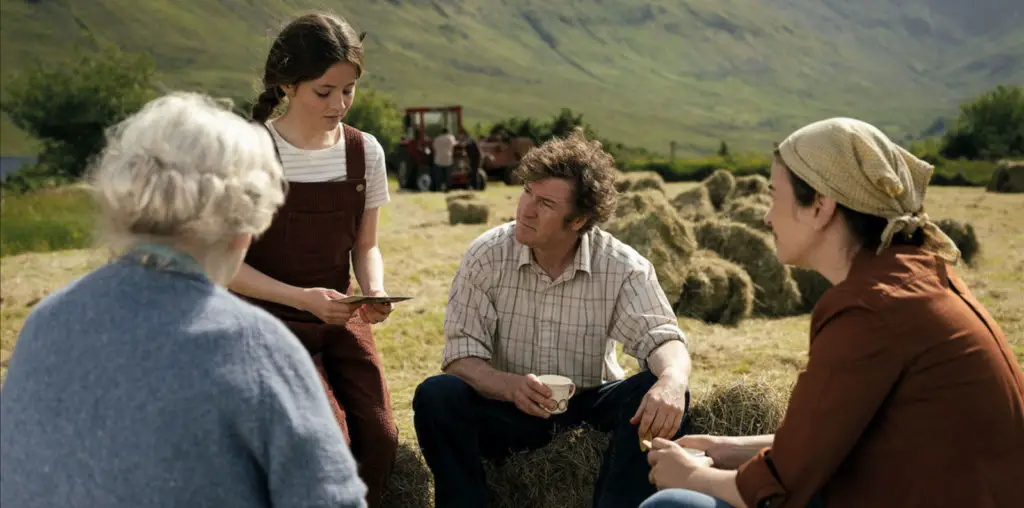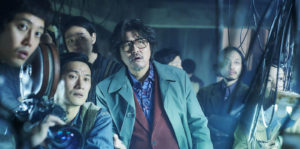
I suppose it is the very nature of a web of intrigue that it can be hard to follow. So it is with Kim Jee-woon’s Cobweb, an intricate black comedy set in Seoul in the 1970s, about the troubled production of a film. Song Kang-ho plays Director Kim, a thinly veiled version of celebrated Korean film director Kim Ki-young. So much so that the film had to escape an injunction from his family against its release in Korea.
We open on the final scenes of a black and white thriller called Cobweb, which is quickly shown to be a film shoot. Director Kim doesn’t like the finale, asking if the sequence can be completed in one take. Then Kim wakes from the sequence as if from a nightmare. It is implied that this is reality, but it is presented as a dream. In voiceover, he ruminates on a sudden burst of creativity that he cannot ignore—luring him towards a rethink of his work. But straight away, we have the mother of all unreliable narrators, as Kim is popping pills as part of his morning ritual.
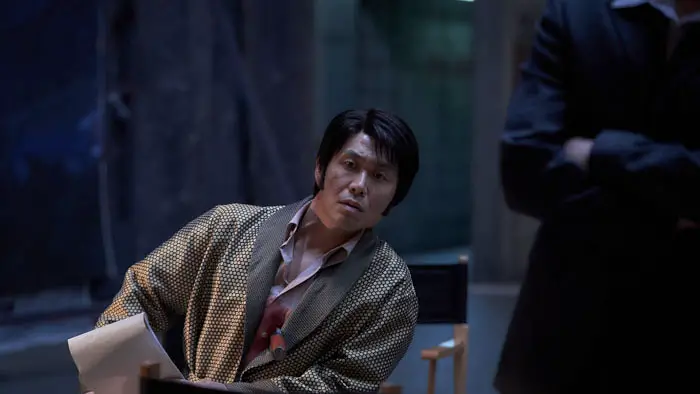
“Denied immediately by the censors, Kim continues to work guerrilla style…”
Kim’s legitimacy is further undermined when a group of film critics enters the diner where he sits alone at lunch. They immediately berate him for the quality of his work, suggesting that he is a hack and a plagiarist, riding the coattails of his deceased mentor and celebrated predecessor at the studio, director Shin Sang-ho. Song leaves in a fury to change the ending of his film. What follows is two days of lunacy as he reshoots more and more of his picture.
Kim Jee-woon’s film is smart and full of laughs but comes up against profound issues created by its gaming of reality. The recent Chinese sci-fi blockbuster, The Three Body Problem, based on the book by Cixin Liu, is named explicitly after this problem, that the gravity and momentum between just three bodies in space are sufficiently complex to make predictions of their movement impossible. And so it is here, with the film’s period setting, unreliable narrator, dipping in and out of dreams, realities, and dramas, as well as the deeply technical backdrop of film production in a freshly splintered country becoming a struggle to parse throughout. There are times here when the plot, otherwise seemingly straightforward enough, is turned into a kind of opaque porridge by the playfulness.
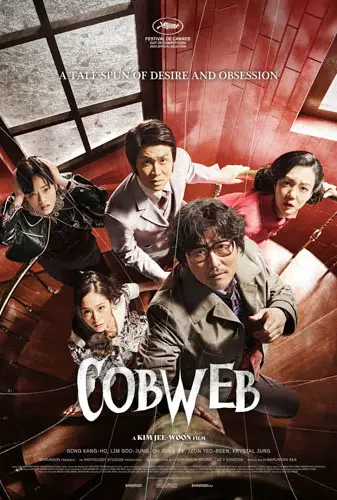
"…clever and intricately plotted film, ably managing to shuffle together comedy and drama..."

